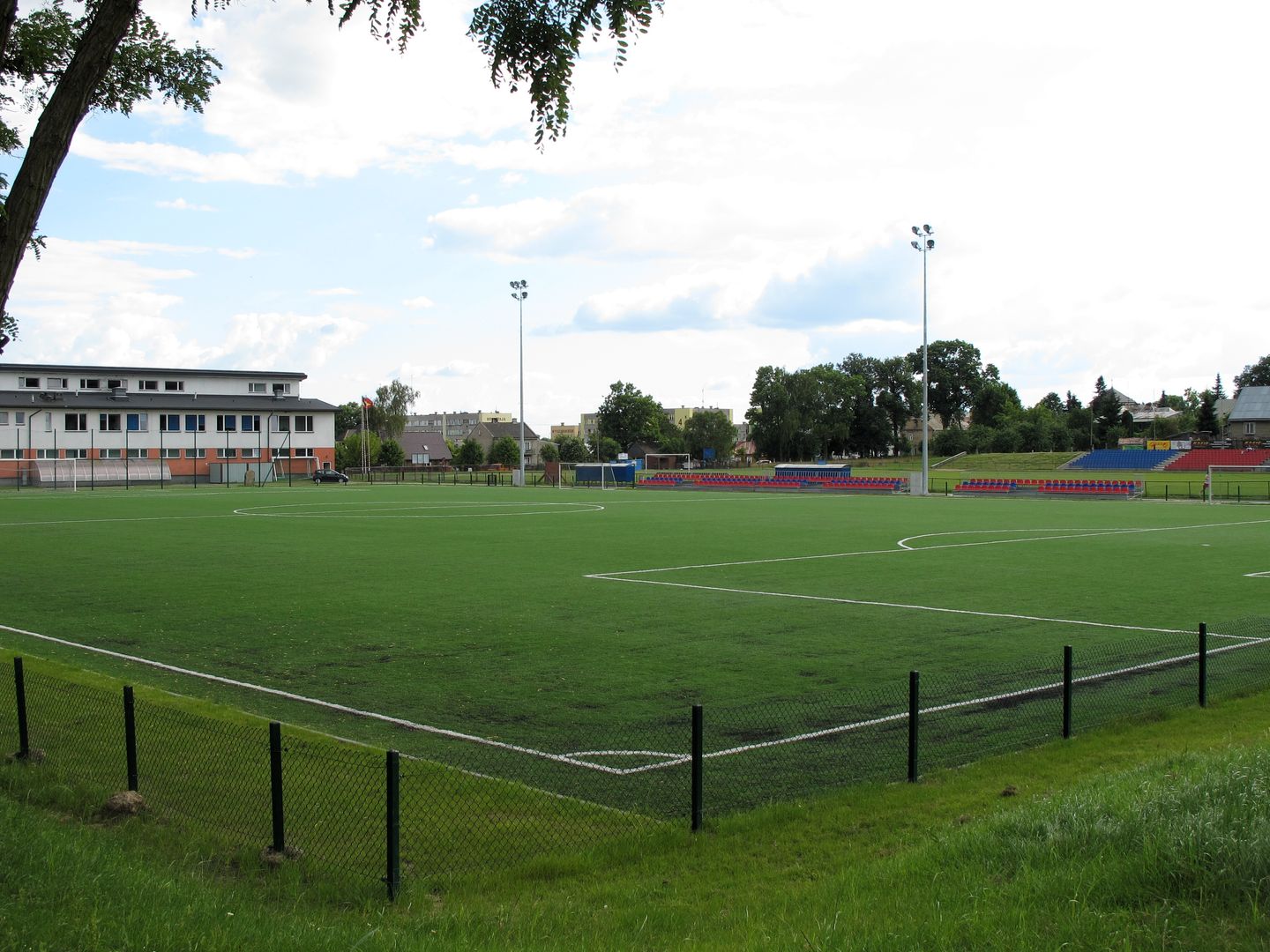Sokółka
6.91

Overview
Sokółka is a town in Poland, located in the Podlaskie Voivodeship, serving as the seat of Sokółka County. Its history dates back to the 15th century, when it initially appeared as a royal village on the route from Grodno to Knyszyn. It was granted town rights in 1609. The town has a rich history, having witnessed numerous events, including protests against serfdom at the turn of the 18th century. It also played a significant role during the Second Polish Republic and World War II, when a large part of the Jewish community was deported to extermination camps. Architecturally, it stands out with the Parish Church of St. Anthony of Padua, a neoclassical structure built between 1848 and 1904, and the Orthodox Church of St. Alexander Nevsky, constructed between 1850 and 1853. Sokółka is also known for its cultural traditions and multiculturalism, being home to Poles, Belarusians, Lithuanians, and Tatars. The town offers a rich cultural program, including a museum, a cultural center, and local sports clubs. In 2009, Sokółka celebrated its 400th anniversary with a series of events, such as concerts and exhibitions, highlighting its rich heritage. Various recurring events take place in Sokółka, including Sokółka Days and the aforementioned Great Chicken Grill. The town has a well-developed transport infrastructure, with national and regional roads, making it an important point in the region. Sokółka is also home to numerous monuments and sites of cultural significance, such as a 17th-century Jewish cemetery and the Sokołda River Valley. The town cooperates with partner cities, including Rochlitz and Šalčininkai, underscoring its openness to international collaboration. Interestingly, scenes from the film trilogy "U Pana Boga..." were shot in Sokółka, and a documentary about the events of 2008 was produced here. It is an ideal place to explore Polish history, culture, and architecture.
Location
2026 Wizytor | All Rights Reserved